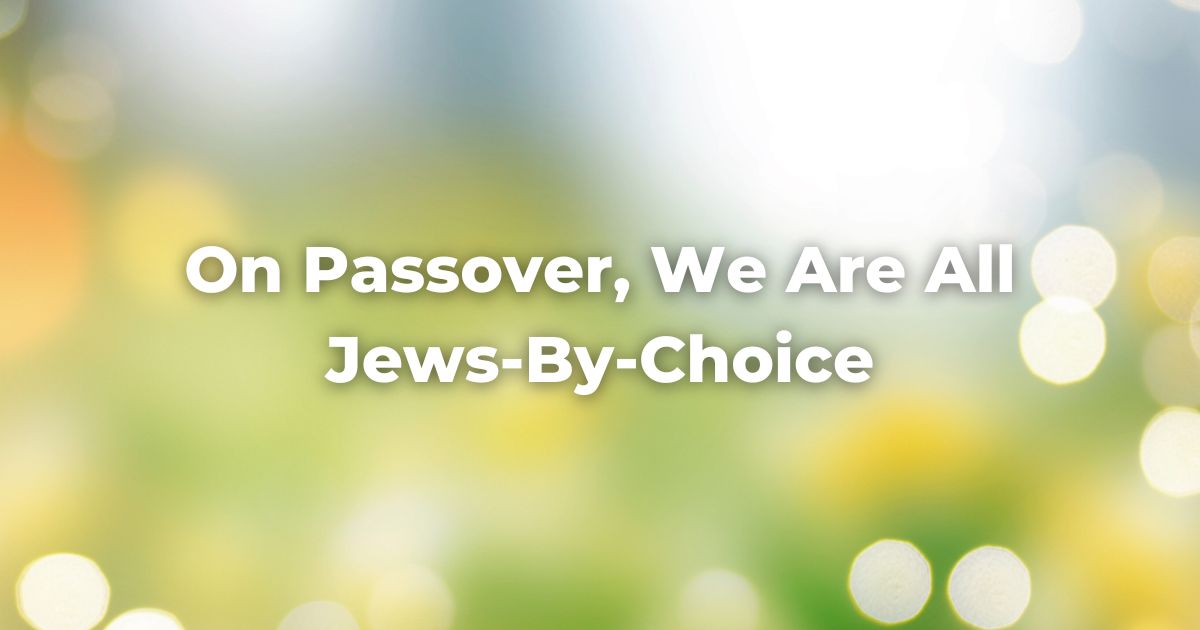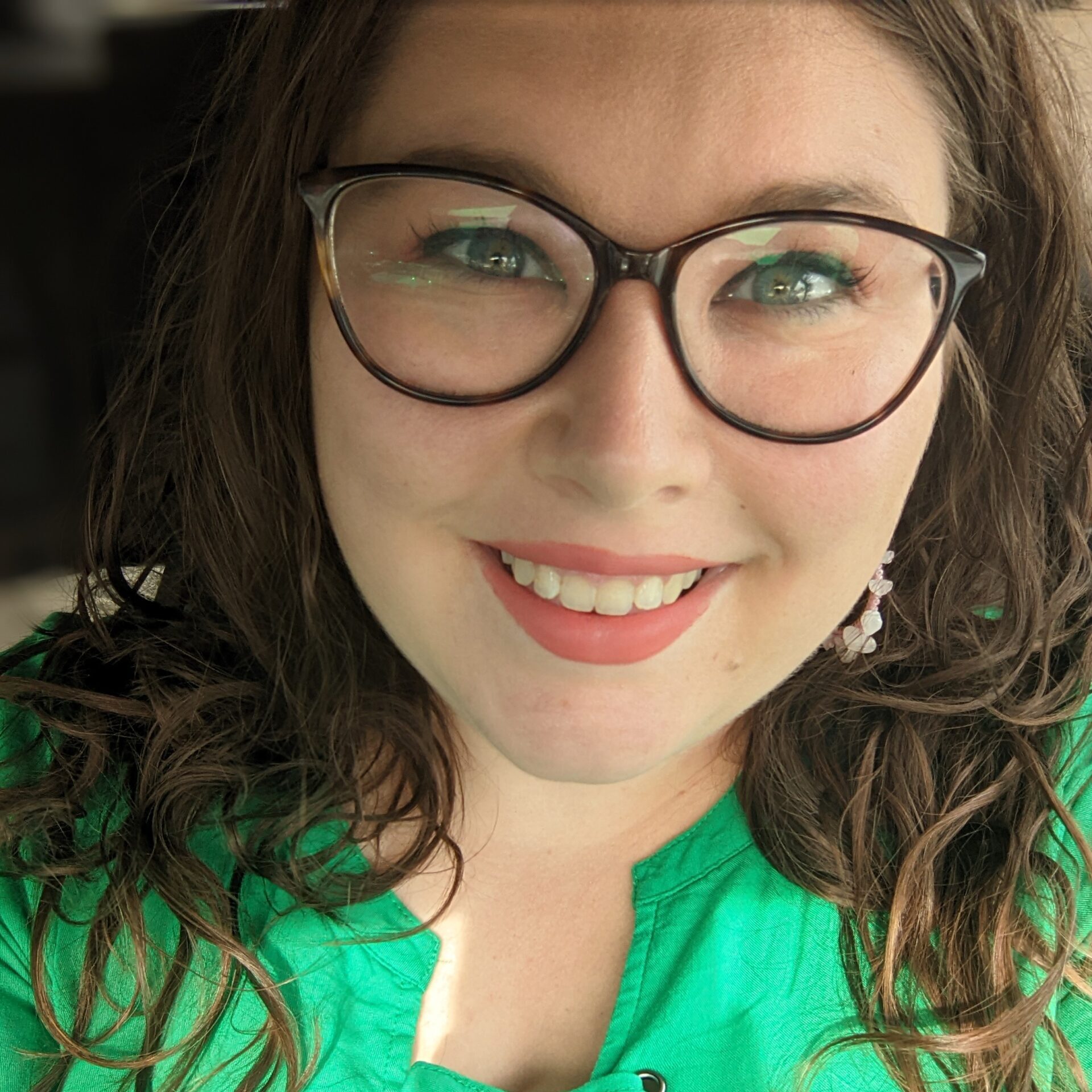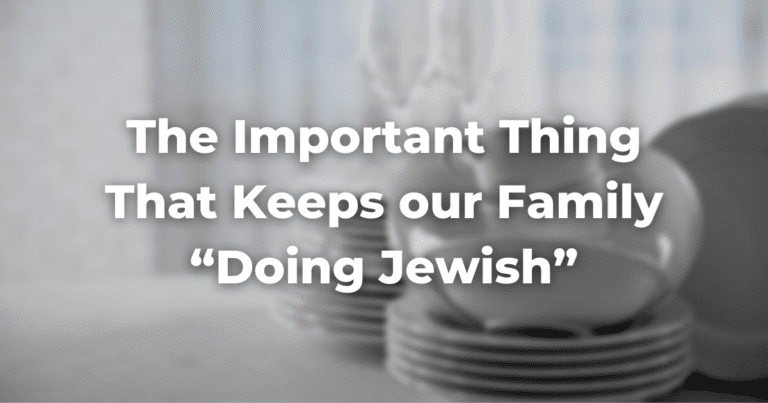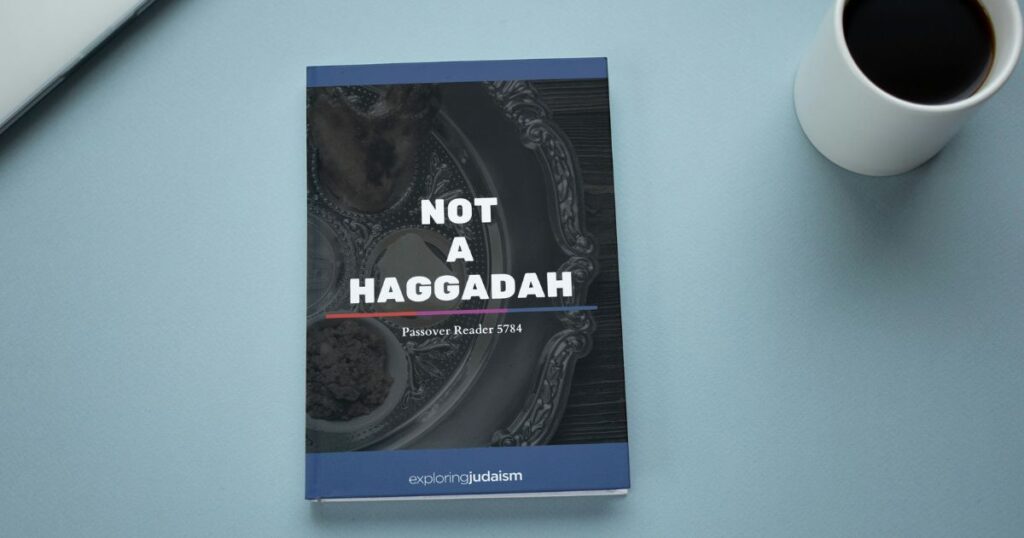This piece is part of Exploring Judaism’s 5784 Passover Reader. Download the whole reader here.
My first-ever Passover seder as a Jew-by-Choice felt like a missed opportunity to choose G-d.
The TorahRefers to the first five books of the Hebrew Bible, the Tanakh, also called the Five Books of Moses, Pentateuch or the Hebrew equivalent, Humash. This is also called the Written Torah. The term may also refer to teachings that expound on Jewish tradition. Read more tells us to remember our liberation from slavery in every generation as if we were there: “And you will explain to your child on that day, ‘It is because of what the Lord did for me when I went free from Egypt’” (Exodus 13:8, Etz Hayim translation).
Putting aside the silliness of beloved modern seder traditions—“plagues” of rubber frogs and boisterous renditions of Had Gadya—we’re meant to put ourselves into the shoes (sandals?) of the Israelites as they undergo the unexpectedly painful transformation from an oppressed people to a liberated nation.
Part of the role play is the decision to choose G-d and—maybe even more difficult—accept that G-d already chose us back. On that night, we are all Jews by choice.
Attending my first seder as a conversion student was a wild experience. Reading instructional articles did very little to prepare me for the experience (or for the overwhelming gut-stoppage of matzah, but that’s another story). I had imagined a solemn affair by candlelight; lingering in the bitter saltiness of metaphorical tears; a moment of compassionate grief for the spilled blood of the Egyptians; a soulful Dayenu as we truly contemplate the miracles a loving G-d bestowed upon a degraded people.
What I discovered around that table of born-Jews was essentially a dinner party bookended with a few humorous rituals. Don’t get me wrong, I will be forever grateful to the family that invited a brand-new baby almost-Jew to their seder. This world doesn’t have enough joy in it and any opportunity for mirth should be seized. But, secretly, I found myself disappointed as the host did a speed run through the haggadah, seemingly bored with the material and anxious to eat.
It felt like we took for granted what the Lord did for us.
As I walked my conversion path, I felt as if I was undergoing my own personal Exodus. I started out operating under generations of trauma and spiritual pain (particularly as a Native American descended from residential school survivors, who suffered tremendous religious trauma). It was painful but it was all I knew—in a way, it felt safer than the unknown wilderness.
I had been intrigued by Judaism for a long time, but it wasn’t until the absolute darkest moment of my life that I understood clearly the journey I needed to take. When I was just 31 years old, my husband died unexpectedly. In the span of 17 excruciating minutes, everything I thought I knew about the world evaporated. Grief draped my being like unbreakable chains.
If you have ever lost someone, you know the scream in your heart for liberation from hopelessness and darkness. Grief hardens its grip against you like the Pharaoh.
(See more: On Grief and Mourning)
Some weeks later, having exhausted the library’s entire collection of “girl power!” widowhood books (ugh), I came across a rabbi’s essay on rebuilding hope after widowhood, with some imaginative midrashThis word is used in two ways, as both a concept and a literature. As a concept, midrash is the expansive interpretation of biblical texts. The term is used to describe the practice of rabbinic interpretation. As a text, it refers to specific collections of interpretations, particularly from the third to ninth centuries in the Land of Israel and Babylonia. Plural: Midrashim
Read more around several Psalms. It was the first thing I had spiritually connected with since my husband’s death. I found myself on the proverbial shores of the Red Sea, the waves parted in front of me, and I had to choose whether to turn back to the pain I knew—pain that would surely kill me if I returned to it—or trust in G-d to follow an impossible-seeming path to unknown territory.
Since you’re reading this, you know what I chose.
To wrap up the metaphor: The rest of the formal conversion process felt a lot like traveling the wilderness, with the beit din and mikvah symbolizing entering the Promised Land … not actually a destination, but just the beginning of a whole new journey of defining and redefining what it means to choose to be Jewish.
Passover is our annual opportunity to remember not just our ancestors’ liberation from Egypt, but our own liberation from our personal Egypts. It’s our chance to remember all of the moments we chose G-d again, reaffirming the choice to be a Jew. And, hardest of all, it’s our chance to remember that G-d chose us then and chooses us still, no matter how unworthy or degraded we may feel.
We will retell our story again, “because of what the Lord did for me when I went free.”
Author
-

Andi Kahclamat is the Director of Marketing & Communications for USCJ. She is a proud Jew by Choice in the Conservative/Masorti Movement. She has a degree in multimedia journalism from Park University. Andi lives in Kansas City with her bulldog.
View all posts







